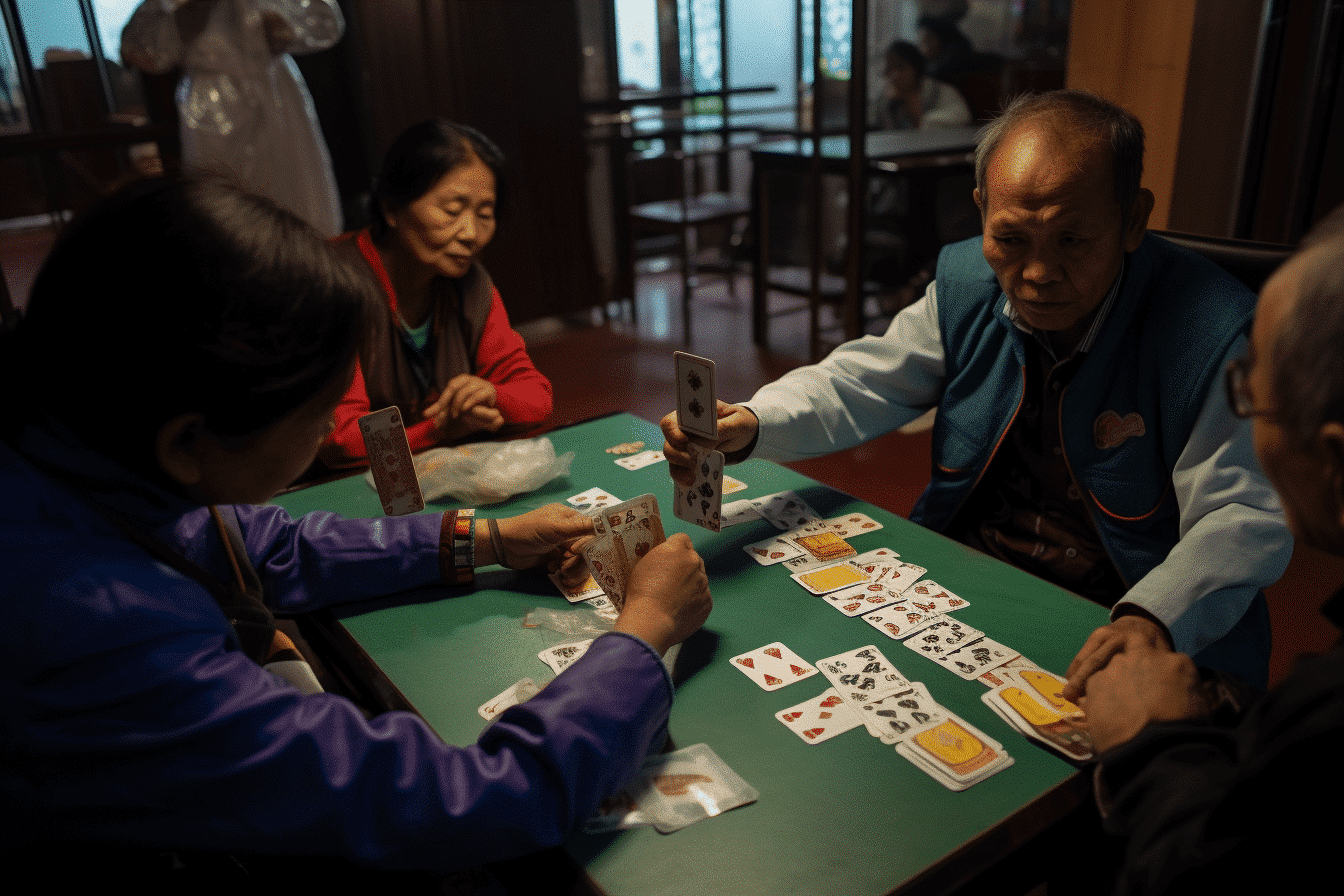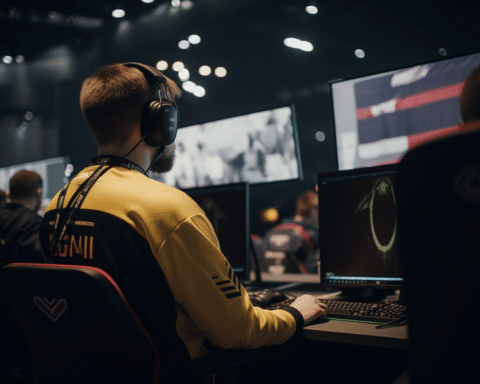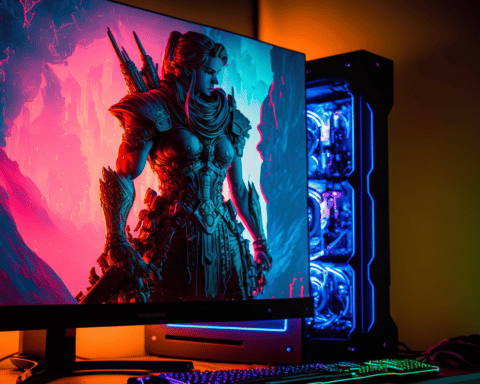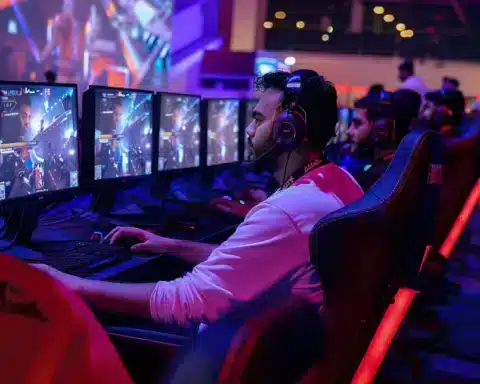In the bustling arena of the Asian Games, where digital dexterity and lightning-quick reflexes often take center stage, an unexpected contender has entered the fray. Bridge, a centuries-old card game steeped in tradition, is facing off against the esports juggernaut, but the “e” in this case doesn’t stand for “electronic” – it symbolizes “elderly.”
While esports draw in hordes of tech-savvy youth, bridge champions its aging demographic, making it a game of wits, strategy, and endurance.
Mind Sports at the Asian Games
The Asian Games, a two-week extravaganza of athletic prowess and competitive spirit, have evolved to encompass not only physical sports but also mind sports. Esports, chess, and bridge are among the disciplines that have earned full medal status.
While esports like League of Legends dominate the headlines and generate massive revenues worldwide, bridge represents a quieter, more contemplative side of competition.
Bridge’s Aging Demographic and Challenges
Bridge faces the challenge of attracting younger players who are enamored with the fast-paced world of electronic gaming. Kelvin Ong, the head of the Singapore Bridge Association, acknowledges this issue.
The game’s deliberate pace, with a single hand taking seven to eight minutes to play, struggles to resonate with a generation seeking quick, flashy action.
The Unique World of Bridge at the Asian Games
Bridge at the Asian Games stands in stark contrast to the rapid intensity of esports. The atmosphere in the bridge venue, located on the 12th and 13th floors of a Hangzhou office building, is almost meditative, with players focused on card-table-sized tables.
Screens diagonally divide each table to prevent signal passing between teammates. Bridge’s universal terminology, such as “no trump” and “slam,” eliminates language barriers.
Battling Misconceptions and Promoting Bridge
Bridge also grapples with an image problem in certain parts of Asia, where it’s erroneously associated with gambling. Some players must clarify that bridge is an intellectual game that enhances logical thinking and cognitive skills.
In predominantly Muslim countries like Pakistan, where gambling is discouraged, players emphasize the mental benefits of the game to overcome misconceptions.
Bridging the Gap at the Asian Games
While esports may be the new darlings of the Asian Games, bridge proudly upholds its centuries-old tradition, proving that competition comes in many forms. With an average age of around 50, bridge players defy the stereotypes of retirement, showcasing that mental sports have no age limit.
As esports and bridge coexist under the same Asian Games banner, they symbolize the juxtaposition of youthful exuberance and time-honored wisdom, offering a diverse range of sports for spectators and participants alike.




